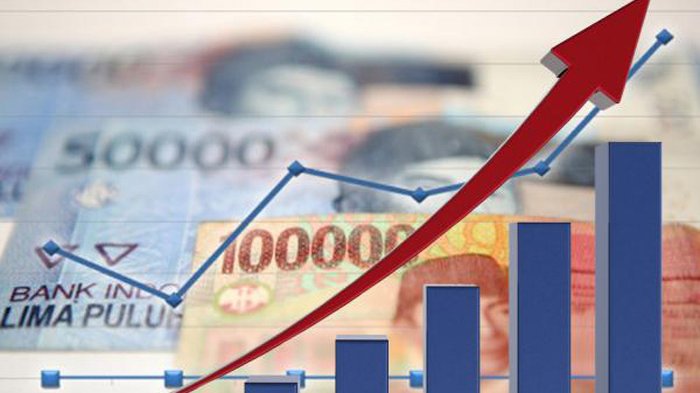Indonesia’s economy is set to maintain steady growth, with GDP projected to expand by 5.2% in 2025, according to the OECD Economic Survey 2024. This marks an improvement from the anticipated 5.1% growth in 2024, reflecting the country’s resilience and strategic investment efforts. For business leaders and policymakers, the outlook signals promising opportunities, provided key risks are effectively managed.
The primary drivers of this economic momentum include robust private consumption and increasing private investments. Consumer confidence remains high, fueled by stabilized inflation and accommodative fiscal policies. Meanwhile, private investment is expected to gain traction, particularly in sectors like infrastructure and renewable energy, bolstered by ongoing government projects such as the development of the new capital city, Nusantara.
Indonesia’s fiscal strategy plays a pivotal role in supporting growth while maintaining macroeconomic stability. The government has committed to keeping the fiscal deficit below 3% of GDP, even with increased spending on infrastructure and social programs. This disciplined approach ensures that spending priorities, including education, healthcare, and climate adaptation, are adequately funded without jeopardizing fiscal sustainability.
However, the report underscores the importance of addressing structural challenges to sustain long-term growth. Indonesia’s tax revenue, one of the lowest among its regional peers, limits its ability to finance countercyclical measures and future social spending. Broadening the tax base and improving tax enforcement are critical to creating fiscal space for developmental priorities.
On the external front, Indonesia continues to benefit from strong demand for its commodities, though vulnerabilities remain. The economy’s reliance on raw materials and unprocessed exports exposes it to fluctuations in global commodity prices. Diversification efforts, including policies to enhance downstream processing industries, are essential to reducing this dependency and capturing greater value from the country’s natural resources.
Inflation, a key risk factor, is expected to remain under control at around 2.3% in 2025, supported by prudent monetary policies. Bank Indonesia is anticipated to further lower interest rates as inflationary pressures ease, creating a conducive environment for investment and business expansion.
The report also highlights digitalization and green energy transitions as potential accelerators of growth. By investing in digital infrastructure and renewable energy, Indonesia can position itself as a regional leader in sustainable development while driving productivity gains. For CEOs and decision-makers, these sectors represent significant opportunities for innovation and investment.
Despite the optimistic outlook, challenges such as global economic uncertainties, geopolitical tensions, and climate-related risks could pose headwinds. Policymakers and businesses alike must adopt proactive strategies to navigate these risks, ensuring that Indonesia’s growth trajectory remains on course.
As Indonesia looks to 2025, the focus must be on strengthening its economic fundamentals while embracing transformative opportunities. The next phase of growth will require not only robust policy measures but also collaboration between the public and private sectors to achieve sustainable and inclusive development.
Read More






 Monday, 16-02-26
Monday, 16-02-26







